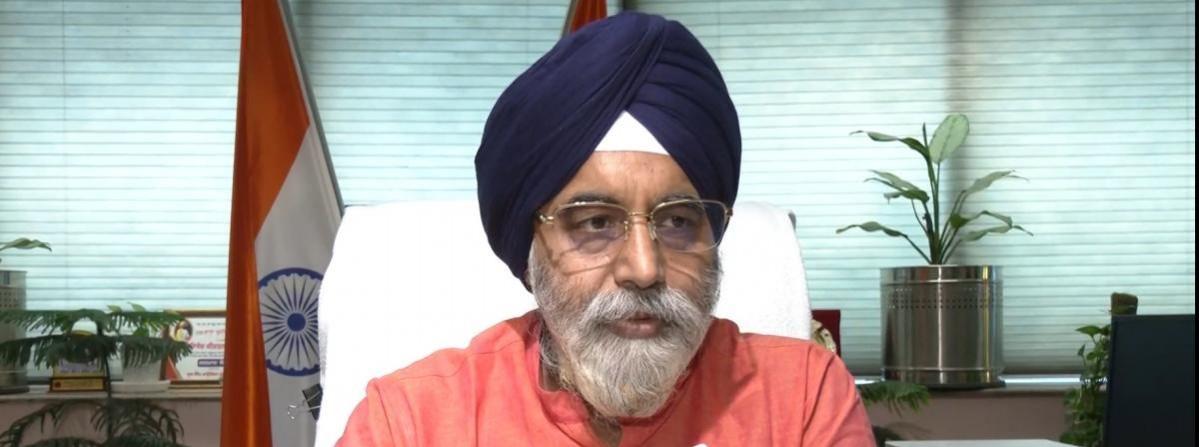
In a significant development, the Municipal Corporation of Delhi (MCD) is set to introduce a helpline dedicated to reporting aggressive or dangerous stray dogs. This initiative follows a Supreme Court directive mandating the relocation of stray dogs from public spaces, a decision that has sparked both support and controversy. Delhi Mayor Raja Iqbal expressed his approval of the court's directive, noting that it acknowledges the "pain of Delhi's citizens" and provides a framework for remedial measures.
The MCD has responded by launching a three-phase operation to address the issue comprehensively. "In the first phase, we are targeting stray dogs against whom the highest number of biting complaints have been received, and which are causing maximum public distress. These dogs are being picked up from across the city and sent to shelter homes," Mayor Iqbal explained. Sensitive areas such as schools, hospitals, courts, colleges, markets, and other public spaces are being prioritized.

In just two days, the MCD has successfully removed nearly 100 stray dogs from various localities. This effort is being carried out in collaboration with approximately 25 agencies, highlighting the scale and complexity of the task at hand. Currently, the MCD operates 20 Animal Birth Control (ABC) centers, several of which are being converted into shelters to accommodate the relocated dogs. The largest facility is located in Dwarka, where expansion plans are underway to increase its capacity.
Additionally, there are plans to construct a large shelter home on a 25-acre site at Goga Dairy, further demonstrating the MCD's commitment to addressing the issue. As part of the preparations for the upcoming Independence Day celebrations, stray dogs are being removed from key areas such as the Red Fort and Chandni Chowk to ensure the safety and comfort of visitors. This marks a departure from previous practices, where strays picked up by the MCD were sterilized and released back into their original locations. Under the current order, these dogs will not be returned to their original spots, a point Mayor Iqbal emphasized.
The new helpline is expected to empower residents by allowing them to directly inform the MCD about stray dogs that pose public safety concerns, enabling swift and effective action. This initiative is seen as a proactive step towards addressing the complex issue of stray dogs in the city. However, the Supreme Court's order has not been without its critics. The decision has provoked significant protests from animal rights activists and concerned citizens.
Around 40-50 activists recently gathered at India Gate to voice their opposition, arguing that removal is not a solution and calling for strict enforcement of sterilization and vaccination programs instead. Several protestors were detained by Delhi Police, underscoring the deep division between public safety priorities and animal welfare concerns. This ruling marks a significant shift from the earlier Animal Birth Control (ABC) Rules of 2013, which mandated sterilization and release back into original locations.
Critics argue that the court's approach is impractical and inhumane, fearing that abrupt removals could lead to unintended consequences. The government finds itself in a challenging position, balancing public safety concerns with the ethical treatment of animals. The Supreme Court's intervention highlights a vital issue, ensuring public safety while addressing the complexities of animal welfare in urban spaces. The debate over how best to manage the stray dog population in Delhi is not new.

















